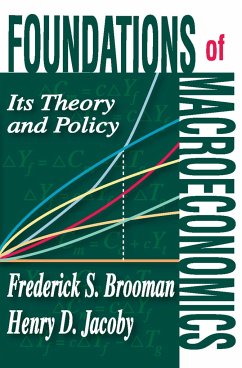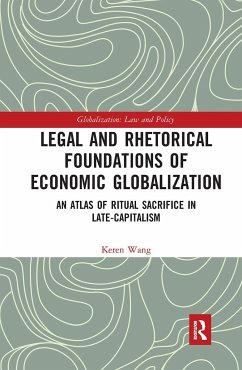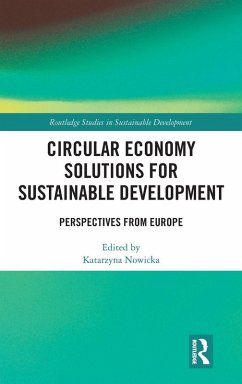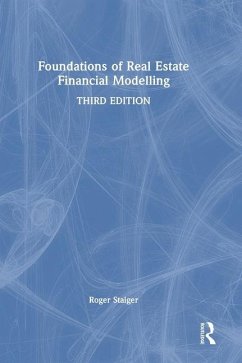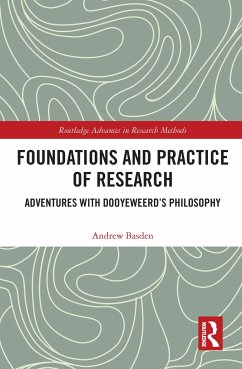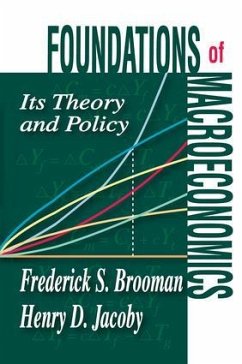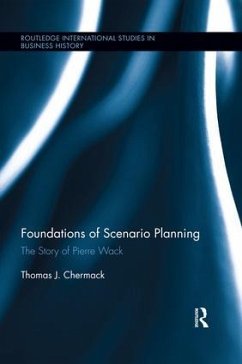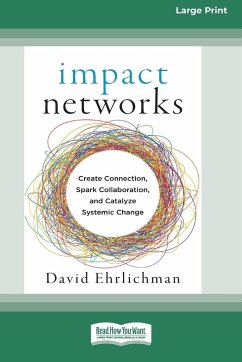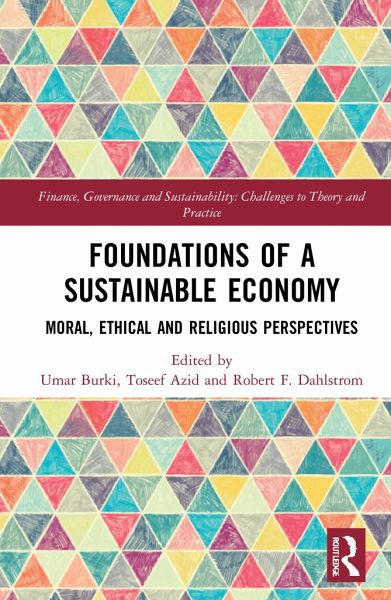
Foundations of a Sustainable Economy
Moral, Ethical and Religious Perspectives
Herausgeber: Burki, Umar; Dahlstrom, Robert Francis; Azid, Toseef
Versandkostenfrei!
Versandfertig in 1-2 Wochen
150,99 €
inkl. MwSt.

PAYBACK Punkte
75 °P sammeln!
By covering a range of perspectives across economic, social and moral life, the book will shed light on the problems and possible solutions to sustainable development and the triple bottom line of people, planet and profit, under the umbrella of morals and divine law.





